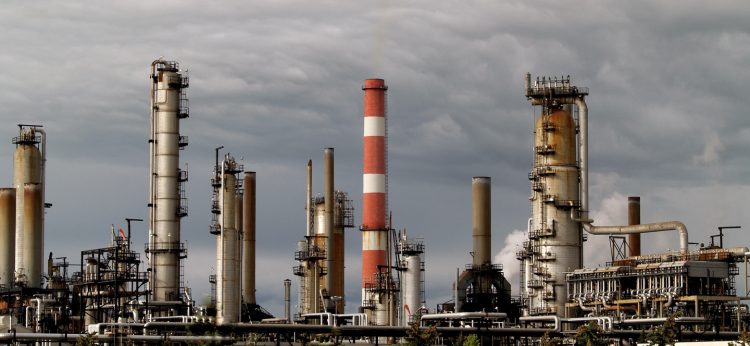
Alberta’s energy war room reveals its true colours as a propaganda mill
by David Hughes | November 6, 2020
Last week my report “Reassessment of Need for the Trans Mountain Expansion Project” was published by the Parkland Institute and Canadian Centre for Policy Alternatives (CCPA). The Canadian Energy Centre (aka Premier Jason Kenney’s “War Room”) took exception to my report and wrote a hit piece designed to discredit it,“A Matter of Fact: CCPA report …
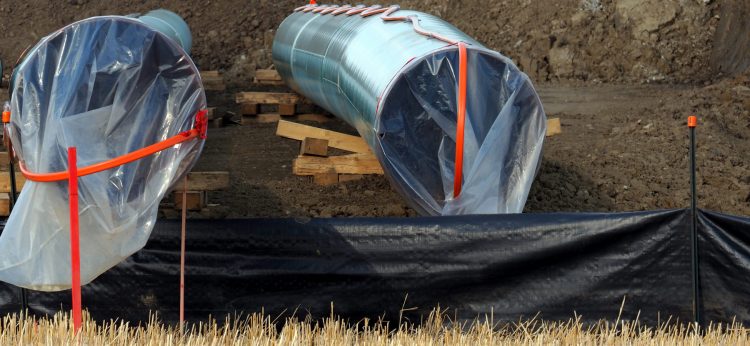
Reassessment of Need for the Trans Mountain Pipeline Expansion Project: Production forecasts, economics and environmental considerations
by David Hughes | October 29, 2020
This report concludes that the Trans Mountain pipeline expansion project (TMX) is not needed to meet forecasted Canadian capacity needs. The author, J. David Hughes, also demonstrates that contrary to claims that bringing heavy oil to tidewater for export to Asia will fetch a higher price, it will likely instead sell at a loss of $4-$6 per barrel. …
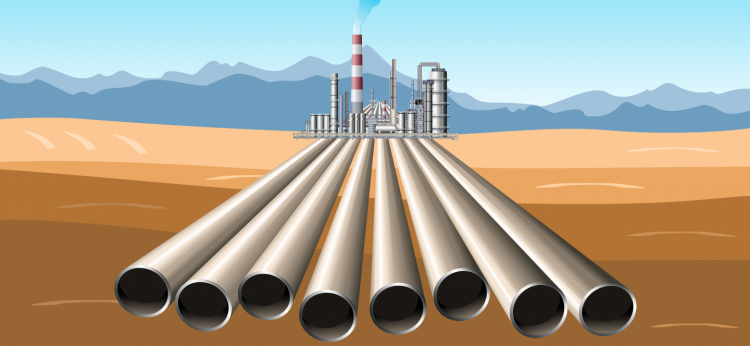
Trans Mountain expansion project: Partisan pipeline politics versus Canadians’ best interests
by David Hughes | June 26, 2019
The federal government’s latest approval of the Trans Mountain pipeline expansion project (TMX) produced a frenzy of rhetoric from politicians and industry vested interests. Unfortunately for Canadians, partisan and vested interests have overruled their best interests. Although Canada does have a pipeline bottleneck due to the 376 per cent growth in oil sands production since …

How much is BC giving to natural gas companies?
by Ben Parfitt | June 24, 2019
All British Columbians have a stake in the pricing of natural resources. When trees are logged, when minerals are mined, when fossil fuels are drilled, the companies doing the extracting pay fees to the Province in recognition that the resources are publicly owned. It is therefore in everybody’s interest to know how the government prices …

LNG’s big lie
by Marc Lee | June 17, 2019
The federal government is seeking to use a clause in the Paris Agreement on climate change to get emissions credits for exports of liquefied natural gas (LNG) to Asian countries. This plan is nonsensical for a number of reasons, but at its heart is the “big lie” that LNG will help to reduce global emissions. …
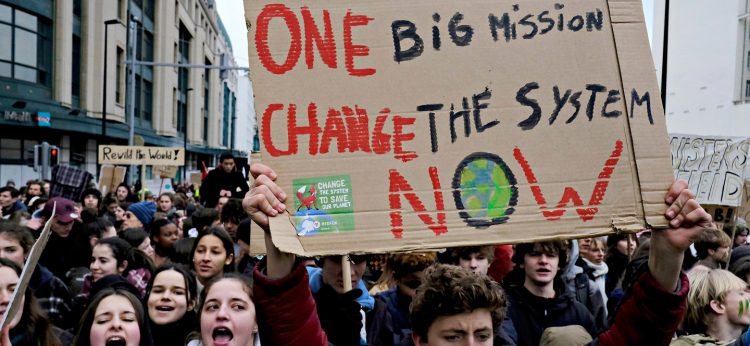
What would a fossil fuel wind-down look like?
by Marc Lee | June 12, 2019
Canada has an uneasy history when it comes to fossil fuels and climate change. Our leaders have been great at setting far-off targets for reducing greenhouse gas (GHG) or carbon emissions, then failing to meet them. As part of the 2015 Paris Agreement on climate change, Canada committed to a 30-per-cent reduction in carbon emissions …
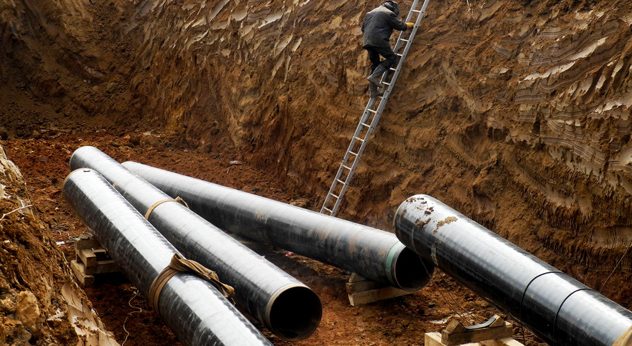
Reality check: High BC gas prices and pipeline rhetoric from Alberta’s new premier
by David Hughes | May 7, 2019
Alberta’s new premier, Jason Kenney, has wasted no time engaging in belligerent actions to “get Alberta’s resources to market.” Right off the bat he passed the “turn off the taps” bill to cut off BC’s supply of oil if the Province doesn’t reverse its stance opposing the Trans Mountain pipeline expansion (TMX). He also claimed …
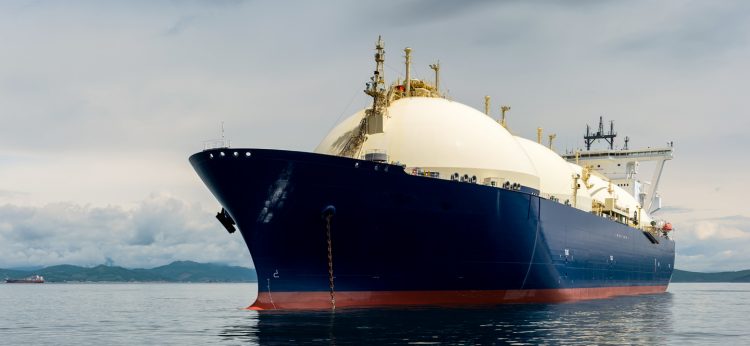
BC’s LNG tax breaks and subsidies offside with the need for climate action
by Marc Lee | May 6, 2019
The BC government’s new fiscal framework for LNG is fundamentally at odds with the province’s CleanBC climate plan. Details in the government agreement with LNG Canada show that BC is subsidizing fossil fuel production at a time when we need to keep it in the ground. The BC government made four major concessions in the …

















